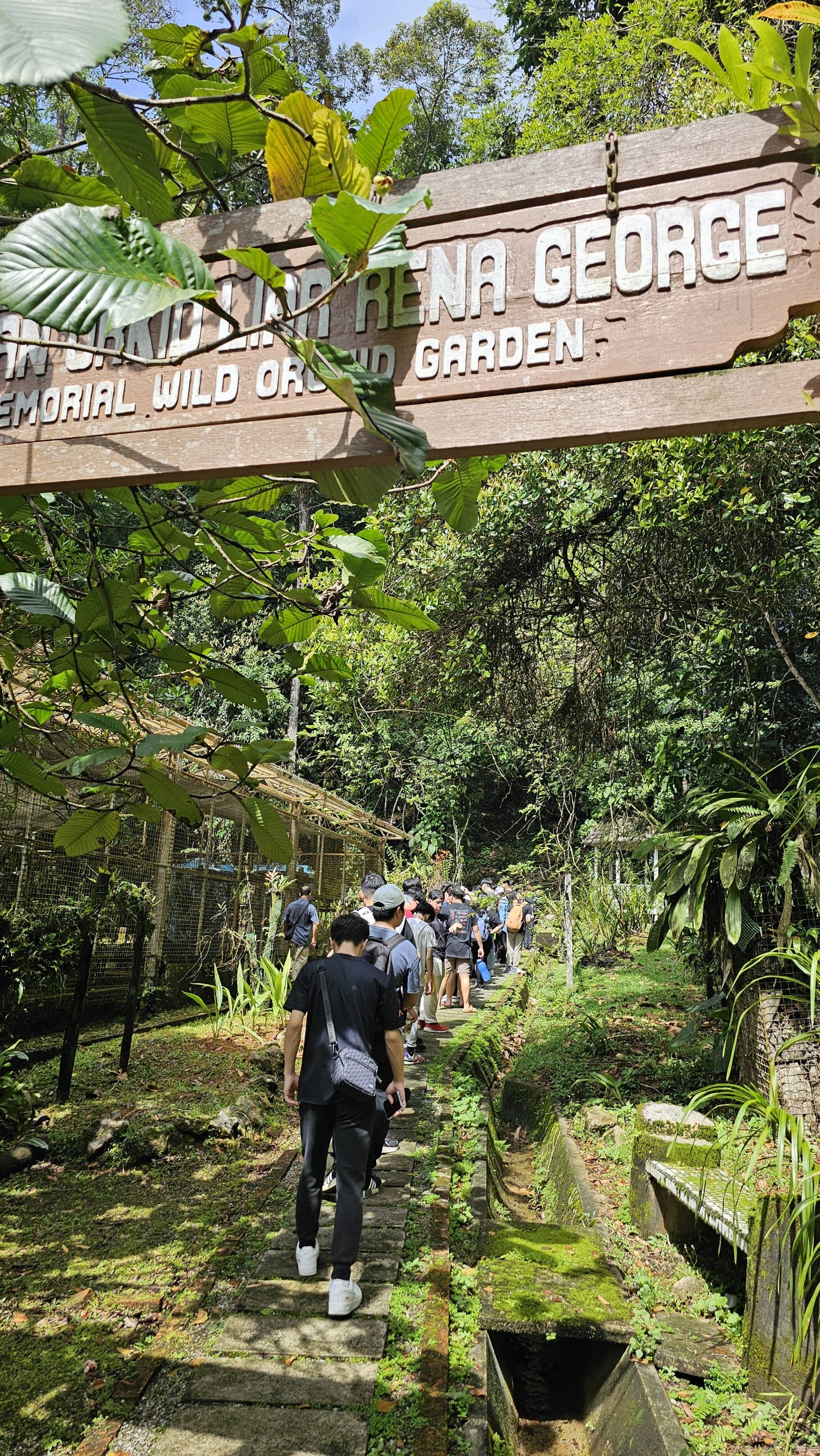KUCHING – In a step towards merging environmental stewardship with digital innovation, Swinburne University of Technology Sarawak Campus (Swinburne Sarawak) and Sarawak Forestry Corporation (SFC) forged a strategic partnership aimed at enhancing biodiversity conservation through technological solutions.
The collaboration emphasises Sarawak’s commitment to protecting its rich natural heritage through innovation, education, and cross-sector synergy. By integrating artificial intelligence (AI), the Internet of Things (IoT), and cybersecurity, the initiative seeks to modernize conservation efforts and strengthen the impact of environmental education.
The partnership centres on the application of digital tools to improve biodiversity monitoring, support field operations, and revolutionise park guide training and management systems.
“This partnership showcases how we can align our tech expertise with Sarawak’s environmental priorities,” said Ts Dr. Lee Sue Han, project lead and Head of the Department of Information and Communication Technologies, Swinburne Sarawak. Through the initiative, Swinburne Sarawak and SFC are narrowing the divide between computer science and environmental science to build a tech-enabled conservation ecosystem.
The initiative is developed under Swinburne’s SPINE (Strategic Projects, Industry and Experiential Learning) Program. SPINE is an industry-linked learning program that integrates real-world problems with academic curricula. More than 110 students are involved in the development of various digital solutions under the guidance of faculty experts Dr. Fu Swee Tee (Software Development), Ts. Dr. Lee Sue Han (AI), Dr. Mark Tee Kit Tsun (IoT), and Ts. Dr. Kelvin Yong Sheng Chek (Cybersecurity).
Among innovations currently under development are an AI-driven training platform for park guides, an immersive e-learning module for biodiversity awareness, and a digitalized park guide monitoring and management system. These solutions will improve operational effectiveness, increase public engagement, and enhance the quality of environmental education and training.

An exploration along the Orchid Garden trail to familiarize participants to the variety of native orchid species at the park.
Students also participated in field programs with SFC, collecting biodiversity data while gaining hands-on experience in environmental monitoring alongside SFC officers and rangers. This data will feed into AI systems designed to assist in species identification and field education.
Swinburne Sarawak and SFC are set to formalize their collaboration through a Memorandum of Understanding (MoU), an agreement that will pave the way for further-driven initiatives, expanded student involvement, and deeper integration of environmental and digital education strategies.
According to SFC, this initiative is more than a partnership; it is a long-term investment in Sarawak’s sustainable future and exemplifies how collaboration between academia and industry can lead to innovative, high-impact environmental solutions.
For more information on Swinburne Sarawak, visit its website
(www.swinburne.edu.my), Facebook page (@swinburnesarawak), Instagram page
(@swinburnesarawak), X page (@Swinburne_Swk), TikTok page (@swinburnesarawak) or YouTube channel (Swinburne Sarawak).


